Exploring the Future of Hotels: Top Trends Shaking up Hospitality
By Nikita Nielsen · 21. April 2024
The hotel industry is about staying flexible and getting innovative.
As travellers want convenience, personalised service, and eco-conscious options, how are hotels adapting to these expectations?
This post dives into the key trends🚀 set to reshape hotel stays, preparing you to navigate the changing hospitality industry.
Key Takeaways
- Hotels are upgrading your stay by replacing key cards with smart rooms—imagine AI concierges and mobile check-ins
- “Bleisure” travel is trending, blending business with leisure in your tech-equipped, soundproof suite
- Sustainability is becoming popular in hospitality, with solar panels becoming as common as pillows, and skipping single-use plastics earns you high praise from the eco-friendly community
Revolutionising Guest Experiences with Smart Hotel Technologies
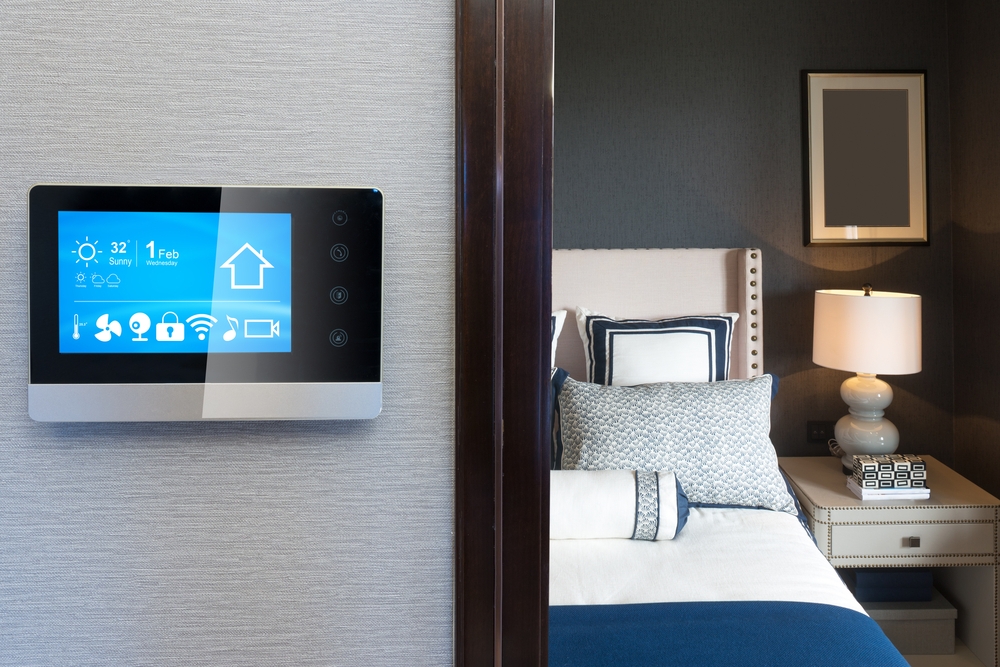 smart screen hotel modern bedroom
smart screen hotel modern bedroom
Long gone are the days where the highlight of hotel technology was a grainy cable📡 TV.
Today, technological advancements are shaping the future of hotels, and it’s not just about the latest gadgets. The focus is on enhancing guest experiences and improving operational efficiency.
Have you ever wished you could skip the front desk and head straight to your room? By 2030, many hotels will turn that wish into reality with mobile check-in options.
This innovation doesn’t just streamline the check-in process, but also minimises physical interactions, ensuring a smooth guest experience from the moment a guest arrives.
Many hotels are integrating AI and IoT to automate tasks such as food ordering and room reservations.
Picture a hotel room where a smart speaker serves as your personal concierge, coordinating every aspect of your stay for a truly unique and memorable experience.
Moreover, the power of real-time data analytics should not be underestimated in the hospitality industry.
By understanding guest preferences, hotels can customise their services to meet each guest’s needs on the spot, creating a truly personalised stay.
Redefining Business Travel
In the past, a business trip was all about efficiency: fly in, get the work done, and fly out. But the travel industry has seen a shift in how business travellers are approaching these trips.
Enter the concept of “bleisure” travel, which mixes both business and leisure activities into one trip, allowing travellers to maximise their time away from home.
Hotels are transforming their hotel rooms to adapt to the needs of today’s remote working professionals.
Picture rooms equipped with high-speed Wi-Fi, soundproof walls, and ergonomic furniture, all tailored to create a productive environment for guests who blend work with leisure.
The concept of bleisure travel is reshaping the traditional business trip, turning hotels into more than just places to stay and sleep.
It’s about offering experiences that allow guests to explore the destination, blending professional work commitments with personal enjoyment to cater to the evolving preferences of modern business travellers.
Sustainability and Eco-Innovation
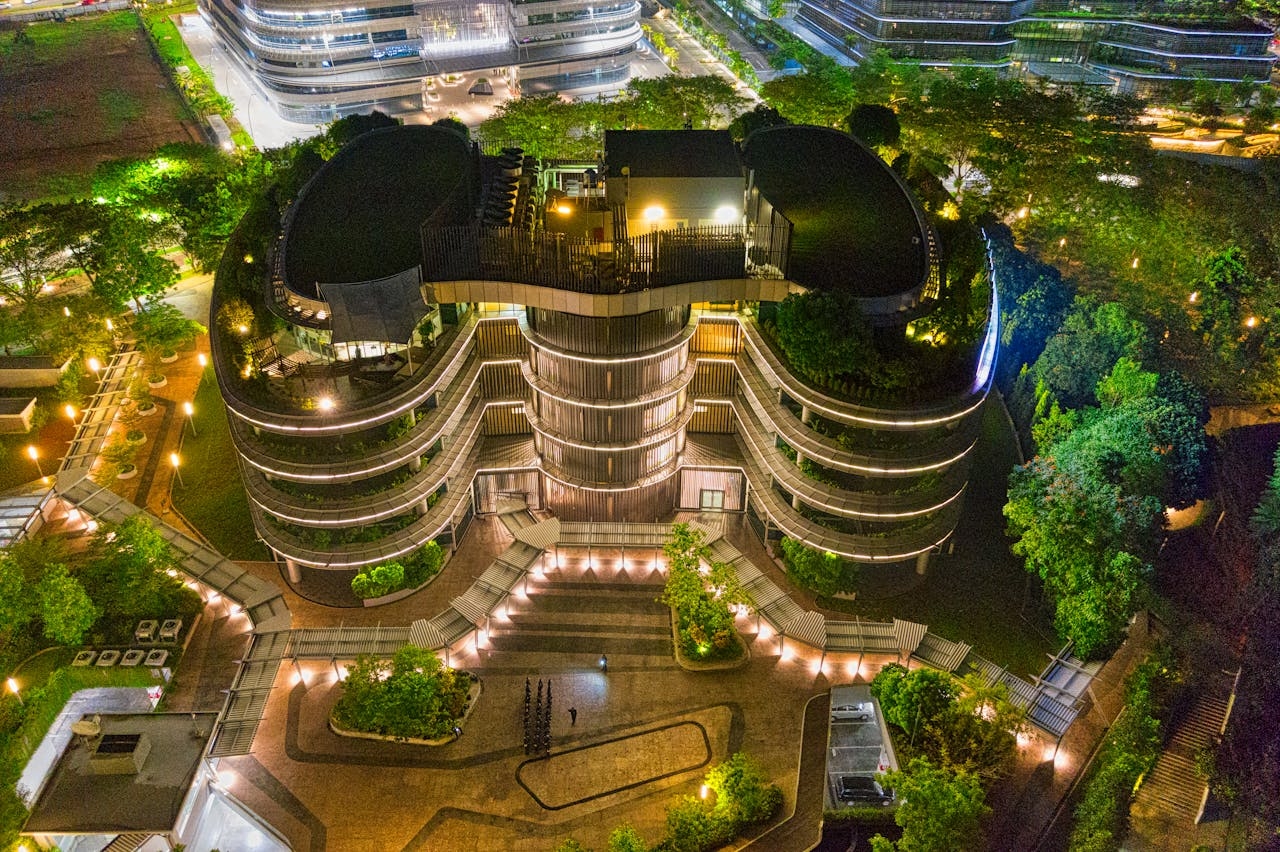 Green ecofriendly modern hotel Indonesia
Green ecofriendly modern hotel Indonesia
With climate change becoming an undeniable reality, sustainability is no longer an option – it’s a necessity.
Hotels are increasingly adopting sustainable practices into their daily operations to minimise their environmental impact.
In some of today’s hotel rooms, you might find energy-regulating sensors that respond to your presence in the room, and even notice the absence of single-use plastics.
These are just some of the steps the hospitality industry is taking to contribute to a greener planet.
These sustainability initiatives aren’t limited to a single region and there is a noticeable shift towards eco-friendly🌳 practices in the hospitality industry globally.
This includes the introduction of renewable energy sources such as solar power.
This green revolution isn’t just good for the planet; it’s good for business too. Travellers who prioritise sustainability are showing a growing preference for hotels that share their values.
This reflects a growing awareness of the environmental consequences of travel, showing that caring for the planet can also boost hotel occupancy rates.
Personalization and Human Touch
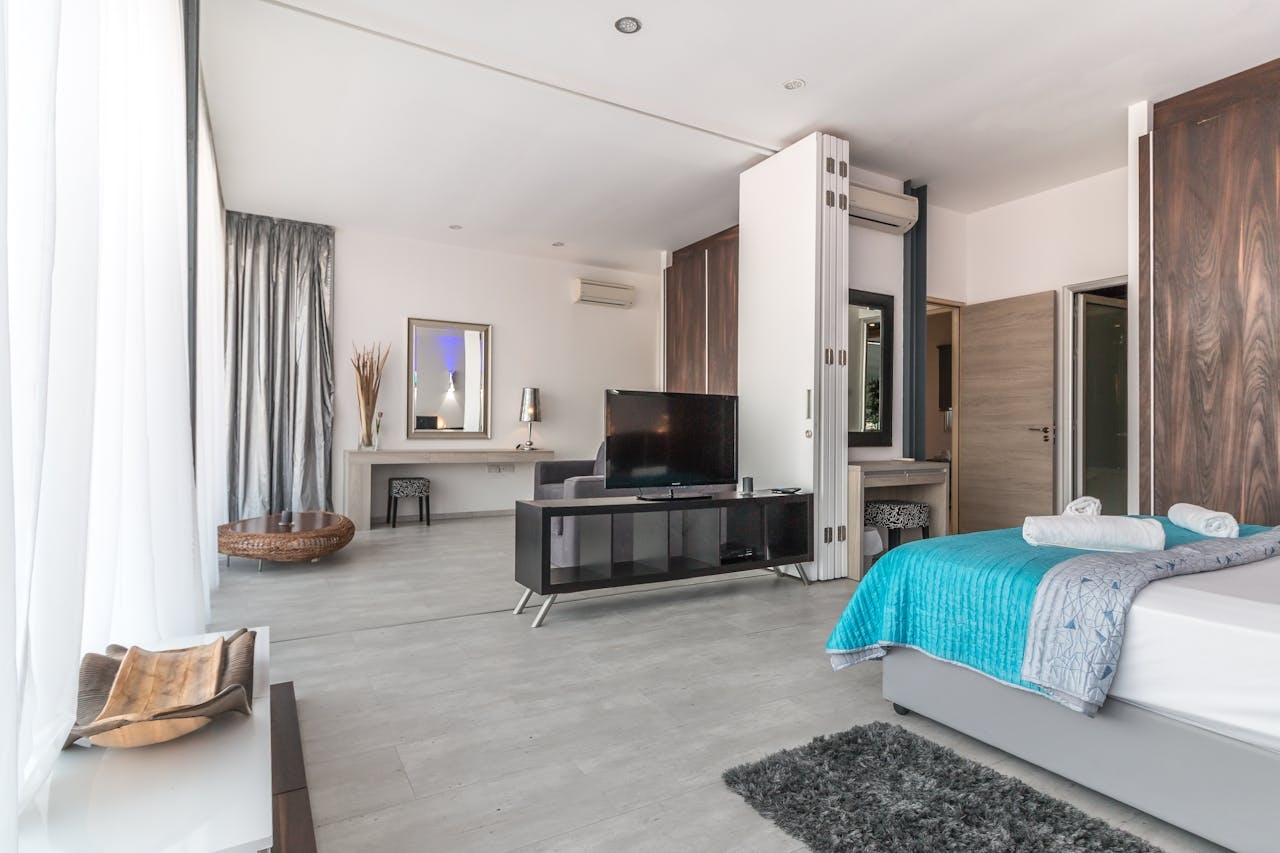 Modern Bedroom Design
Modern Bedroom Design
In this era of technology and AI, it’s easy to overlook the very essence of hospitality: the human touch.
Hotels worldwide are realising the importance of having a passionate, trained, and valued team. After all, it’s the human interactions that often leave the deepest impressions on guests.
Whether it’s a warm welcome at check-in or a thoughtful surprise on a special occasion, it’s these moments that transform a hotel stay into a memorable experience.
But this emphasis on a human touch doesn’t imply a disregard for technology. On the contrary, hotels are using data analytics to understand popular amenities and services demanded by guests.
This allows hotels to anticipate customer needs and preferences, adding a layer of personalization to the guest experience.
Culinary Innovations
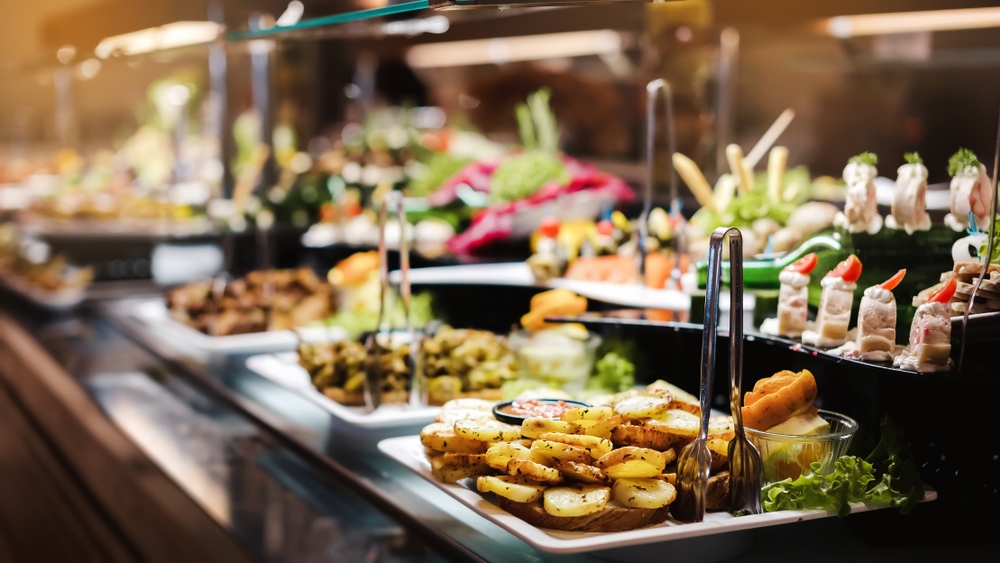 hotel culinary dishes
hotel culinary dishes
Food plays an important role in shaping the hospitality experience. And in tune with the latest hospitality trends, especially hotels are innovating in the culinary space.
Various hotels even offer cooking classes, where you can learn about sustainable practices like utilising whole ingredients to minimise food waste.
It’s not just a fun activity, but an educational experience that aligns with the growing awareness around sustainability.
Hotels are also responding to evolving customer preferences in the food and beverage realm.
Whether it’s offering healthier menu choices or adapting to dietary restrictions, they’re finding creative ways to cater to a new generation of food-conscious guests.
The Rise of Wellness Tourism and Yoga Retreats
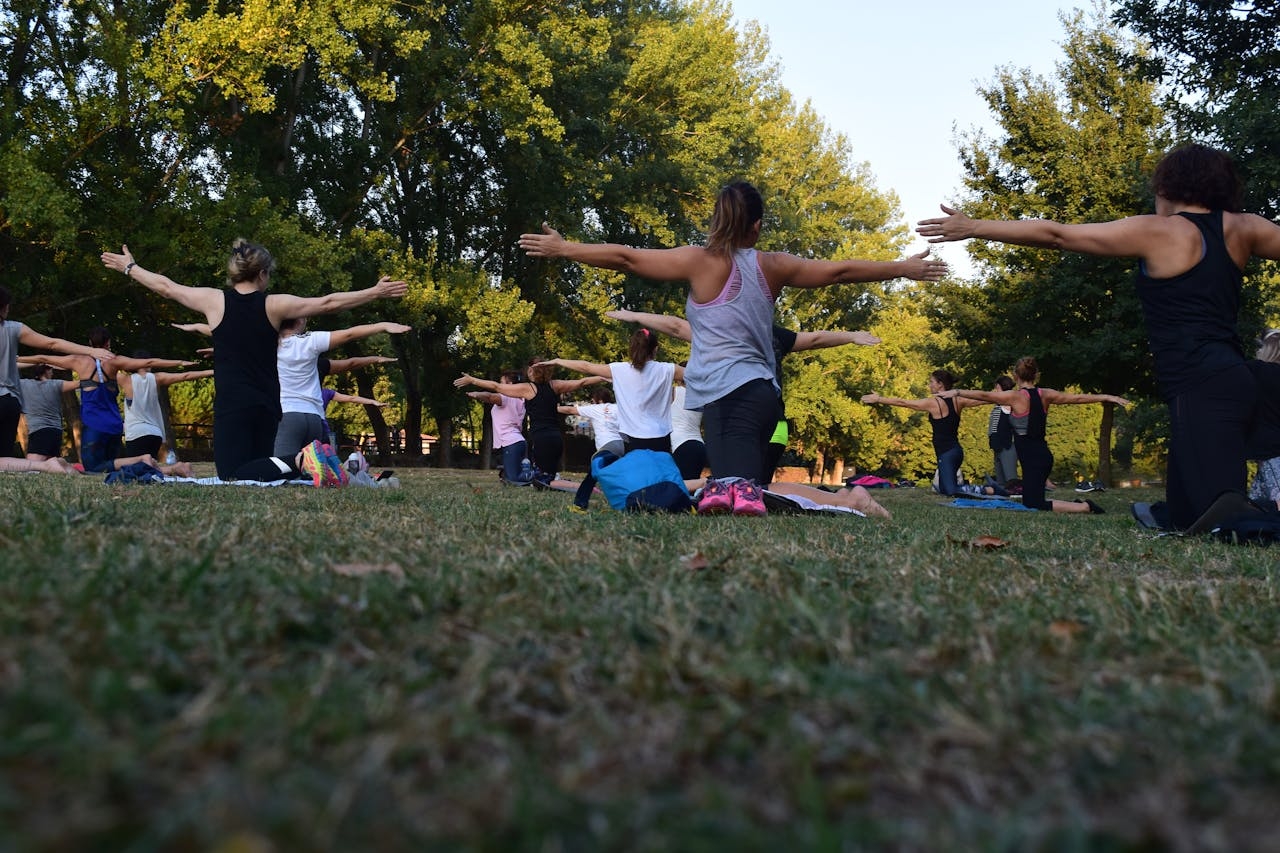 Women Performing Yoga on Green Grass Near Trees
Women Performing Yoga on Green Grass Near Trees
Wellness tourism is a movement that’s growing at a fast pace, projected to outpace other areas by approximately 21% by 2025.
Hotels are embracing this wellness wave, offering an array of wellness-based amenities and services. From spa treatments to yoga retreats, they’re providing guests with opportunities to rejuvenate and focus on self-care.
But it’s not just about offering a checklist of wellness offerings. Hotels are encouraged to think differently about their programming, offering unique and irreplaceable experiences.
This is especially true in the wellness segment where travellers are seeking individualised and immersive well-being experiences.
By prioritising the mental health and physical well-being of guests, hotels are reshaping the way we think about travel, transforming it from a simple change of scenery to a holistic, rejuvenating experience.
Data Analytics for Strategic Decision Making
Data plays a pivotal role in operations and guest experiences. By using the insights provided by industry experts, businesses in the hospitality sector can make informed decisions to stay ahead of the competition.
Hotels are using data analytics to optimise staffing requirements, ensuring they have the right people in the right place at the right time. This not only improves service delivery but also boosts operational efficiency.
Hotels are also using data to anticipate market trends and customer preferences. By analysing data from various sources, they can make sure that they stay competitive and deliver services that resonate with their guests.
Leading players in the hospitality sector, such as Booking.com and Marriott International, serve as prime examples of successful data-driven strategies.
Their use of data not only enhances guest satisfaction but also guides strategic decision-making processes.
The Influence of Social Media Narratives on Hotel Choices
Social media has become an indispensable tool for the hospitality industry, serving as a vital tool for everything from marketing to engaging with customers. Social networks play a significant role in shaping the landscape of the hospitality sector.
Consumer satisfaction within the hotel sector shows a strong relationship with user-generated content. In other words, what guests post online about their hotel experiences can greatly impact the hotel choices of others.
Shared experiences and behaviours on social media are valued highly by users when deciding on travel and accommodations, which is why the power of a good review or a captivating Instagram post should not be underestimated.
This is why hotels are increasing their presence on social networks, enhancing their marketing efforts and customer engagement.
Wellness tourism, for example, is increasingly popularised through social media, with wellness retreats using the power of hashtags for millions of views and posts.
Summary
In a world that is always changing, the hospitality industry is evolving fast. With a spotlight on smart technologies, sustainability, personalization, culinary innovation, wellness tourism, and data analytics, the future of hotels is filled with boundless opportunities.
So, whether you’re part of the hospitality industry or a traveller, prepare for an exciting journey through the dynamic world of hospitality.
Frequently Asked Questions
How is technology revolutionising the guest experience in hotels?
Technology is completely changing the hotel scene with mobile check-ins, AI-powered services, and personalised experiences driven by real-time data analytics.
What is “bleisure” travel, and how are hotels adapting to it?
Bleisure travel is the mix of business and leisure in travel experiences. Hotels are adapting to this trend by providing co-working spaces and catering to the needs of remote working professionals, creating a perfect balance.
How are hotels implementing sustainable practices?
Hotels are ditching single-use plastics, cutting down on food waste, and switching to renewable energy sources to embrace sustainability.
How is social media influencing hotel choices?
Social media has a big impact on hotel choices, with user-generated content and shared experiences playing a major role. Hotels are also using social networks for marketing and connecting with customers.

